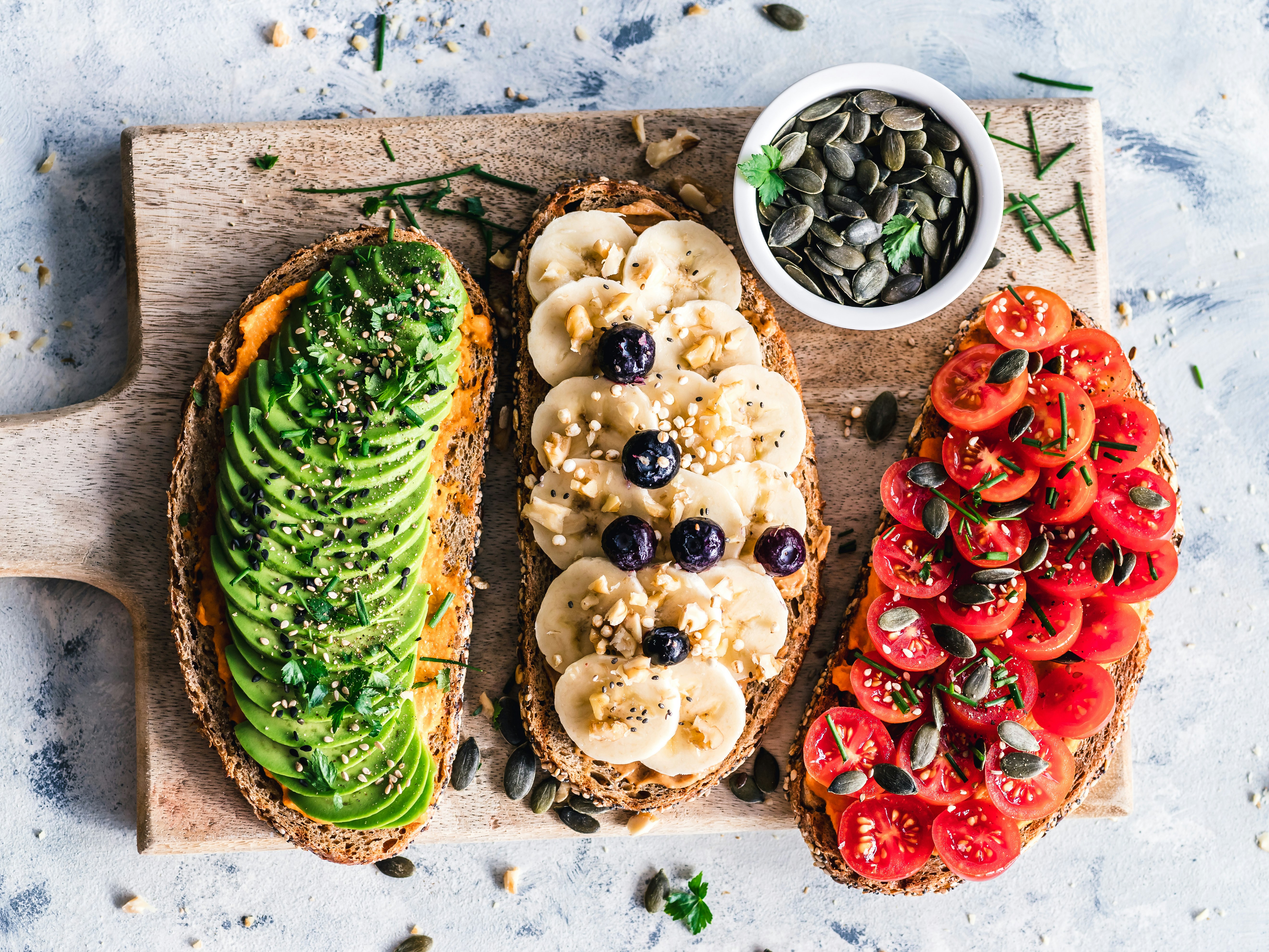People turn to veganism for a wide range of reasons, like to reduce their impact on the environment or to stop contributing to animal cruelty. But health reasons are another common motivator; transitioning to this lifestyle can come with health benefits such as a decreased risk of cancer or heart disease.
Of course, the efficacy of this lifestyle’s benefits will vary from person to person—someone leaning heavily on junk food (yes, vegans enjoy it too) will be more likely to gain weight or to suffer from nutrient deficiencies than to someone opting for a more whole-foods, plant-based version of the diet. But, with a bit of planning, you can reap the most benefits from veganism. To make it even simpler, take advantage of a solution like Dominick Thompson’s Eat What Elephants Eat for “optimal nutrition, plant-based food done right.” It doesn’t get any easier than having healthy, delicious vegan meals prepared for you!
Lower Risk of Heart Disease

Going vegan can do wonders for your heart health, particularly in terms of lowering cholesterol levels. Vegans may also see decreases in blood pressure and blood sugar levels, both of which are further risk factors associated with heart disease. You’ll also be more likely to consume more heart-healthy foods like fresh fruit and vegetables, whole grains, and legumes, which will aid in promoting a healthy heart.
Potential Weight Loss

While a vegan lifestyle isn’t some sort of magical solution to weight loss, that can be one of its benefits, and without the added restriction of counting calories. In switching to more plant-based options, you’ll naturally find yourself enjoying lower-calorie, higher-nutrient meals, especially if you put effort into consuming healthier options. Compared to those following a more traditional Western diet, vegans have been found to have a lower body mass index (BMI) and lose more weight in controlled studies.
Decreased Cancer Risk

Did you know that the World Health Organization (WHO) classifies processed meat (like hot dogs, bacon, and deli meats) as carcinogenic and red meat (such as beef and pork) as a probable carcinogen? This means that the former is linked to causing cancer, and the latter is likely to do the same. The American Cancer Society recommends a diet rich in fruits, vegetables, and whole grains—all of which will naturally increase as you cut out meat and other animal products.
Increased Nutrient Intake

When many people think of vegans, they think of an association with deficiencies in nutrients like protein, iron, or vitamin B12. However, most vegans are able to get all of these and more through their diet and, in some cases, supplementation—if someone starts questioning where you get your protein, remind them that the soy milk in your cereal, chickpeas topping your salad, and even the spinach in your go-to smoothie all contain ample protein. However, there are even more nutritional benefits in a plant-based diet than merely refuting common stereotypes. As you rely more heavily on plant-based foods, you’ll find yourself consuming greater levels of nutrients such as fiber, potassium, and vitamins A, C, and E.
While none of these health benefits are absolutely given by transforming your diet, they’re possible if not probably if you pay attention. To get the most benefits from your new vegan lifestyle, be sure to plan out your meals—either roughly or down to every detail—to monitor your nutrition. If you aren’t sure of where to start, be sure to check out Eat What Elephants Eat for the best plant-based meal plans and nutrition solutions for beginner and experienced vegans alike. You’ll find delicious, healthy recipes whatever your palate and reap the benefits in no time.








